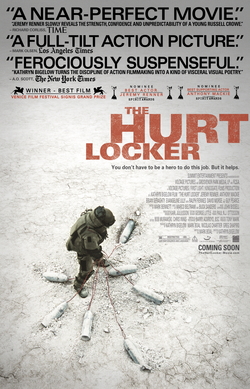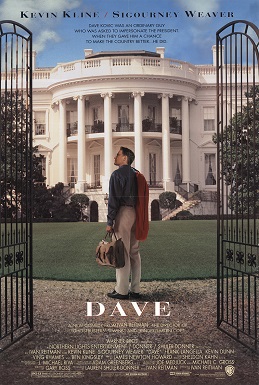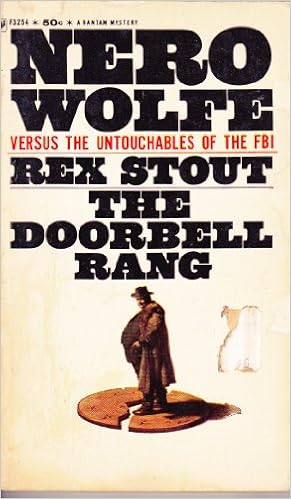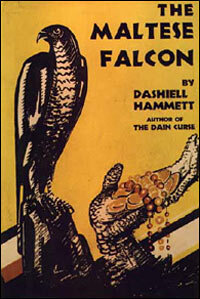Aloha from Maui!
Every time I've driven past the signs for Kihei in the past week, I've thought of old pal and fellow Sleuthsayer R.T. Lawton, and his better half, Kiti. (And they know why!).
As I sail toward the end of the first real vacation my family has taken in years, my thoughts have been on an amazing and amusing thing that happened to me during the final week of the school year a couple of weeks back.
One of my students (hard-working, charismatic, a real leader, just a fine young lady) informed me that her mother works for the credit union where I and my family do most of our banking. "Oh," I think to myself, "Small world."
Turns out there was more.
"My mom finally remembered where she recognized your name from," this amazing kid went on.
"From the credit union?" I said, still not quite getting it.
"Yep. She sees your name quite a bit there."
 |
| These are vacation pics and having nothing to do with this post: that's the island of Kaho'olawe across the bay. |
"She's Quality Control for Customer Service."
This information sends my thoughts in a new direction. Have I complained about the service I've received lately? Nope. Does that mean someone's complained about me? Is that even a thing customer service folks even do?
I asked myself this last question because a few decades back, I was one of those people working in a variety of entry-level customer service jobs. It was some of the hardest and least rewarding work I've ever done. I worked in food, in hospitality, in transportation, all while working my way through college so that I could embark on a different–yet–not–all–that–different type of customer service: teaching.
Back in those days (and we're talking the early '90s here) one customer complaint could mean the end of your employment (I didn't have a union job until I started teaching, everywhere I worked was a one-counseling session and you're fired kind of place.). I know this because at least once I got fired because of a customer complaint.
Well, that and the fact that the guy who fired me (someone who really put the "ass" in "assistant manager.") was a real piece of work.
But that's another story.
These and other memories were washing over me during my conversation with that awesome student of mine. So I said: "Quality Control, huh? She fields complaints, things like that?"
"Yep," Awesome Kid (not her real name, but it might as well be) said.
"Does she like her job?"
"She does. And she likes you."
I cudgel my brain trying to recall whether I've ever met Awesome Kid's mom. Nope. I'm pretty sure I'd remember. She didn't come to conferences, and I didn't see her at Open House. So that surprises me.
"She likes me?" I ask, all intelligence and awareness, now.
"Yes. You're one of the highest-rated customers they have."
I blink at her, not comprehending. "They rate customers?"
She nods. "And the customer service reps all really love you. You get high marks all the time and you're near the top of their list."
And just like that, with this small kindness, Awesome Kid made my year.
 |
| The island of Lana'i (left) and the West Maui Mountains (right) framing a spectacular sunset |
My early experiences with the downside of customer service (being the one to catch the irate call, or get someone's order wrong, or commit one of thousand small errors) have informed my interactions with the people who work in those positions ever since my own days in customer service, lo those many moons ago.
In the years since I've striven to be patient, to be polite. To be courteous and respectful, even when I'm pretty pissed off about something.
Because, nine times out of ten, it's not the fault of the person I'm talking to. They're there because they picked up the phone, took the chat request, what-have- you.
I've never forgotten what it's like to be on the other end of that call, and I hope I never do.
So it did my heart good to know that customer service reps are getting a chance to rate their interactions with clients: getting a voice in how that back-and-forth went. Because, hey, it's a hard job. And it usually doesn't pay all that well.
Plus, I gotta admit, I like that someone on the other end of that phone call notices how I try to treat them well.
After all, Couldn't we, each and every one of us, use a little more humanity in our daily interactions?
This is why I've been tipping people left, right and center (something I do religiously anyway) over the last week, and will until we head for home.
Like I said before, it's a tough job, and people don't get paid a whole lot to do it.
And that's all I've got for this go-round. I hope you're all having a wonderful and productive July.
Mahalo, and see you in two weeks!














































